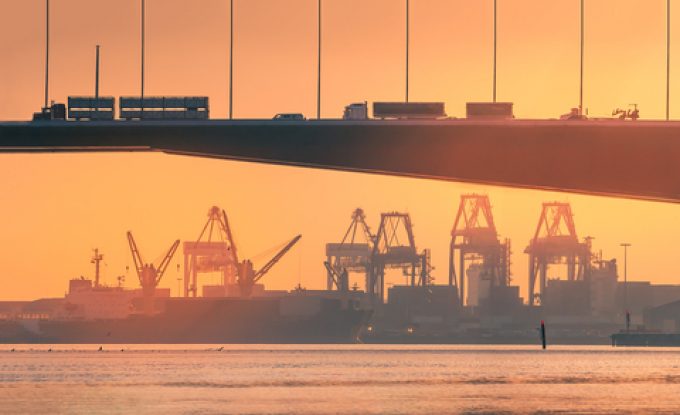Competition concerns over DP World takeover of Silk Logistics
Australia’s Competition Commission (ACCC) has flagged a series of concerns over DP World’s proposed acquisition ...

More industrial action at all four DP World Australia terminals starts this week, adding to challenges to the country’s container supply chains that include bad weather, schedule changes and port congestion.
DP World told customers the Maritime Union of Australia (MUA) would restart ’protected industrial action’ (PIA) at its Fremantle and Sydney terminals on Saturday and at Melbourne and Brisbane on Tuesday.
The terminal operator described the action as “regrettable”. It includes work stoppages and limited bans on employees working in tasks ...
'Disastrous' DSV-Schenker merger would 'disrupt European haulage market'
New senior management for DSV as it readies for DB Schenker takeover
Volumes set to 'fall off a cliff' as US firms hit the brakes on sourcing and bookings
Asian exporters scramble for ships and boxes to beat 90-day tariff pause
Amazon pushes into LTL for small package fulfilment and UPS does a u-turn
Temporary tariff relief brings on early transpacific peak season
Pre-tariff rush of goods from US to China sees air rates soar, but not for long
'Tariff madness' will prompt renegotiation of ocean shipping contracts

Comment on this article